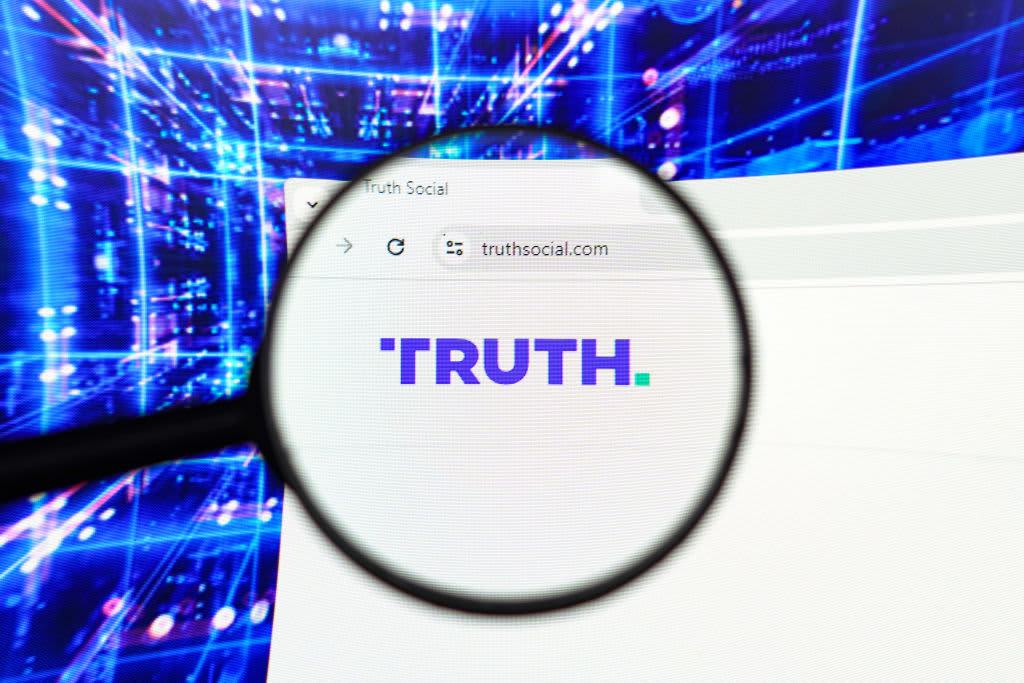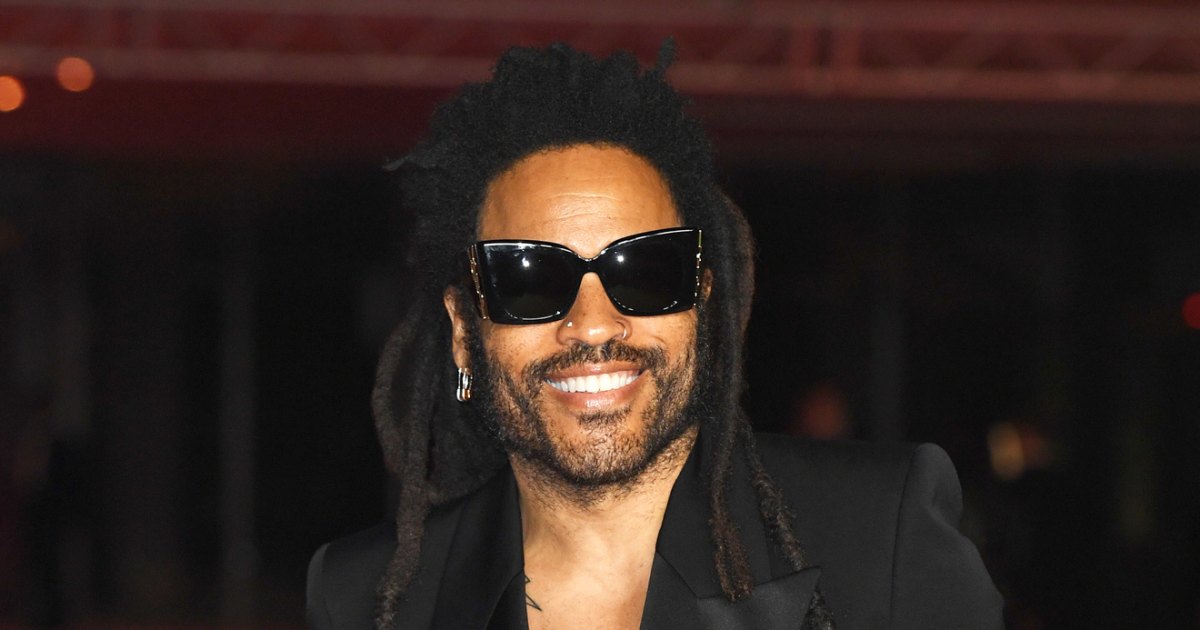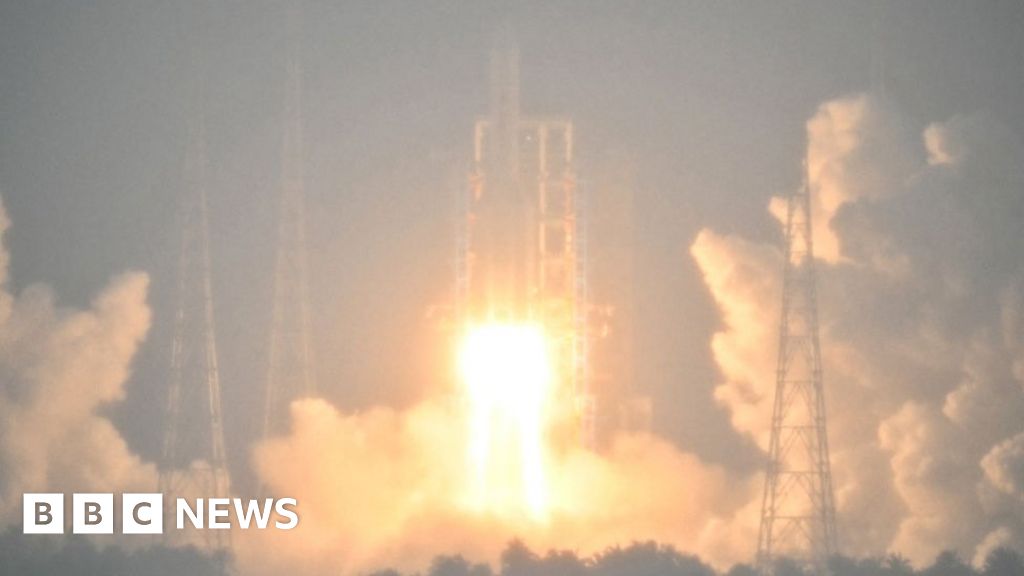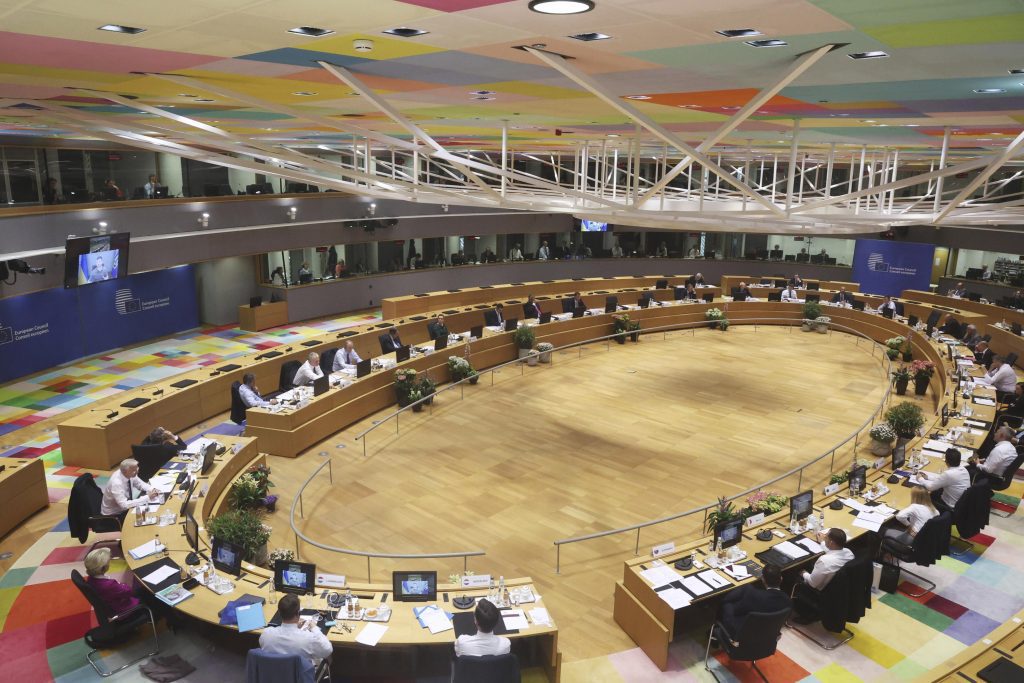Brussels (AFP) – European Union leaders reached a compromise on Monday to impose a partial oil embargo on Russia at a summit focused on helping Ukraine with a long-awaited package of sanctions that Hungary blocked.
The softened ban covers only Russian oil brought in by sea, allowing a temporary exemption for pipeline-delivered imports.
EU Council President Charles Michel said on Twitter that the agreement covers more than two-thirds of Russia’s oil imports, “cutting off a huge source of financing for its war machine. Maximum pressure on Russia to end the war.”
The European Union had already imposed five previous rounds of sanctions on Russia over its war. It has targeted more than 1,000 people individually, including Russian President Vladimir Putin and senior government officials as well as loyal oligarchs to the Kremlin, banks, the coal sector and more.
But the sixth package of measures announced on May 4 was held back by concerns about oil supplies.
Hungarian Prime Minister Viktor Orban has made it clear that he can support the new sanctions only if the security of his country’s oil supplies is guaranteed. The landlocked country gets more than 60% of its oil from Russia and relies on crude oil that comes through the Soviet-era Druzhba pipeline.
Ursula von der Leyen, head of the European Union’s executive branch, played down the chances of a breakthrough at the summit. But the leaders reached a compromise after Ukrainian President Volodymyr Zelensky urged them to end “the internal arguments that only pushed Russia to put more and more pressure on the whole of Europe”.
Von der Leyen said the punitive move would “effectively reduce about 90% of oil imports from Russia into the EU by the end of the year”.
The European Union gets about 40% of its natural gas and 25% of its oil from Russia, and divisions over the issue have exposed the limits of the 27-nation trading bloc’s ambitions.
In his 10-minute video address, Zelensky asked the leaders to end “the internal arguments that only pushed Russia to put more and more pressure on the whole of Europe.”
He said that the sanctions package “must be agreed upon, and it must be effective, including (on) the oil”, so that Moscow feels “the price of what it is doing against Ukraine” and the rest of Europe. Only then, Zelensky said, will Russia be forced to “begin the search for peace.”
This was not the first time that the European Union had called for targeting Russia’s lucrative energy sector and depriving Moscow of billions of dollars each day in supply payments.
But Hungary leads a group of European Union countries Including Slovakia, the Czech Republic and Bulgaria, they rely heavily on Russia for energy and cannot afford to turn off the pumps. In addition to its need for Russian oil, Hungary gets 85% of its natural gas from Russia.
Orban was adamant about reaching the two-day summit, and said an agreement was not in sight, stressing that Hungary needed to secure its energy supplies.
French officials have said that Germany and Poland’s decision to phase out Russian oil by the end of the year and abandon oil from the Druzhba pipeline will help reach the 90% threshold announced by von der Leyen.
The summit will also focus on the European Union’s ongoing financial support for Ukraine – possibly approval of a 9 billion-euro ($9.7 billion) tranche of aid – and on military assistance and war crimes investigations.
The issue of food security will be on the table on Tuesday, as leaders are set to encourage their governments to speed up work on “solidarity corridors” to help Ukraine export grain. and other products.
Some protesters gathered outside EU buildings on Monday before the summit, holding up banners such as “No to Russian oil and gas”.
___
Karel Janicek contributed to this story from Prague.
___
Follow the AP’s coverage of the war at https://apnews.com/hub/russia-ukraine

“Coffee trailblazer. Certified pop culture lover. Infuriatingly humble gamer.”







More Stories
Kenya floods: Mass evacuation orders ahead of Cyclone Hadiya
Brazil floods: Dam collapses and death toll rises in Rio Grande do Sul
Iran says journalists charged after BBC report on killing of protesters